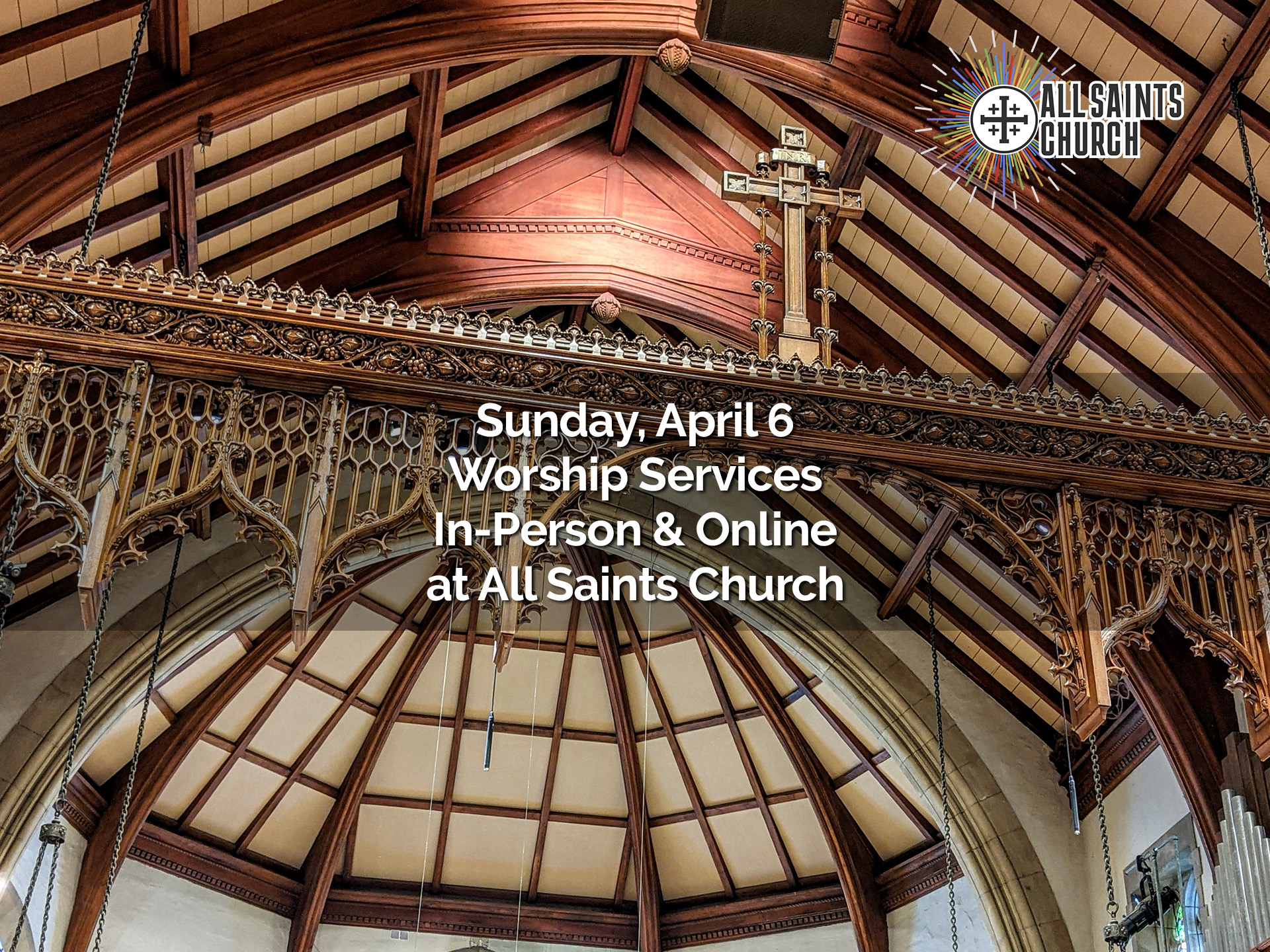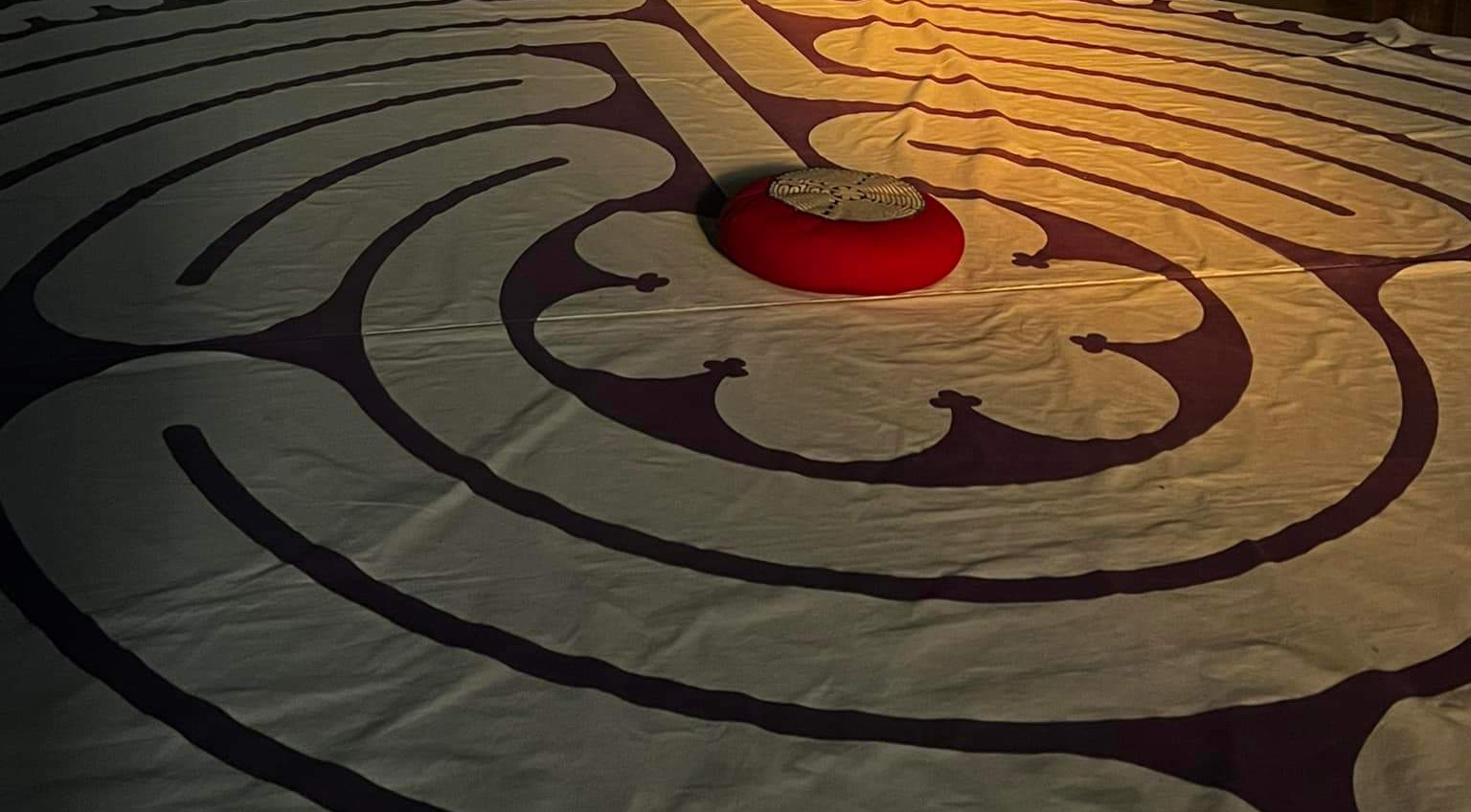The Gospel isn’t meant to be gulped down on Sunday morning, but gnawed on through the week so it really becomes a part of us. You’ve got to work at it, like a dog with a good bone! Here’s the Gospel for this coming Sunday — the Seventeenth Sunday After Pentecost — with food for thought about trust and faith. Gnaw away!
Seventeenth Sunday After Pentecost – Luke 17:5-10
The apostles said to Jesus, “Increase our faith!”
Jesus answered, “If you had faith the size of a mustard seed, you could say to this mulberry tree, ‘Uproot yourself, and plant yourself in the sea,’ and it would obey you.
“If one of you had hired help plowing a field or herding sheep, and they came in from the fields, would you say to them, ‘Come and sit at my table?’ Wouldn’t you say instead, ‘Prepare my supper. Put on your apron and wait on me while I eat and drink. You can eat and drink afterward?’ Would you be grateful to the workers who were just doing their job? It’s the same with you who hear me. When you have done all you have been commanded to do, say, ‘We are simple workers. We have done no more than our duty.’”
The Backstory – What’s Going On Here?
For weeks now, we have been immersed in a long string of sayings of Jesus that comprise his journey toward Jerusalem. Again and again, they call the hearer to a different and difficult way of life. He tells them to do things that will risk their place in society and things that are personally really, really hard! Just before this passage, he tells people how they must without fail forgive whenever someone sins against you and repents – you can’t hold onto the grudge even a little bit. That’s hard! It’s no wonder the disciples’ next words are: “Increase our faith!”
This passage is shocking to our ears. Living in a nation that (officially) repudiated slavery more than a century ago, we expect Jesus to be an abolitionist at every turn and not to use examples that seem to affirm the institution (and have been used to argue for slavery in the past!). It also hurts our ears to have Jesus say we should consider ourselves “worthless!” What’s going on here?
The first thing we need to remember was that slavery/servitude was a given and seen as the proper order of things. Jesus was using this to draw a comparison using terms the hearer would understand … and in fact turn his listeners on their ears! The people he was talking with were the enslavers … and here he casts them in the role of the enslaved, something that would have really offended them! Just as they are masters, so THEY HAVE A MASTER – God! And just as they expect those they have enslaved to do their job, God expects them to do theirs – which is to forgive and love and care for one another. Not for some extra reward but because it is our place, the place of the servant. And just as it was expected to be the slaves joy to serve the master (whether it really was or not is a different story, but that’s what the enslavers believed), so it is all our joy to serve God.
A few things to chew on:
*We tend to think of faith as intellectual belief … a “statement of faith.” But the word Jesus uses is better translated “trust.” “Increase our trust.” What does trust really look like? We trust that the brakes on our car will work … we literally trust that with our lives. Soldiers think in terms of putting their lives in each others’ hands. That’s the kind of faith, the kind of trust that Jesus is talking about. The trust that Peter showed stepping out of the boat to do something incredibly dangerous and ridiculous – walk on a stormy sea. Think of your life. Whom do you trust like that – trust with your life?
*The difference between a mustard seed (incredibly small) and a mulberry tree (a tree with a huge root system) is extreme. A little faith, a little trust goes a long way. The disciples want quantity of faith … “Give us MORE!” they say. But Jesus responds by saying it’s not about how much, even a little is enough. Trust/faith in God is high quality stuff. Paul says, “I can do all things through Christ who strengthens me.” (Philippians 4:13). Think about that. What challenges in your life intimidate you? What are you facing that you feel like you are not up to? How can trusting just a little change that? Who can you stand with who will help you trust together?
Try This:
The smallest things make the greatest difference – but are sometimes the hardest things to do. Here’s an example. Sometimes one of the hardest things to do is to be with someone who is going through a real tragedy – an illness or a death or a great loss in their lives. It’s hard because we usually don’t know what to say, or we feel a failure or helpless because we can’t somehow fix it (even though nobody would reasonably expect us to!). But if we can overcome that fear and just be with someone in need. Just sit with them. Embrace them. Love them. Let them know that even though we have no words and can’t fix it that they are not alone. If we can do that, it makes a huge difference. That takes trust. Trust that all that is needed is the person God made and is making you. This week look for an opportunity just to BE with someone. Not to say the exact right thing. Not to fix what’s ailing them. Just to be with them. It takes trust the size of a mustard seed … and it can move not just mulberry trees but mountains.
The Gospel is not an Entitlement Program
“We are worthless slaves.”
Does Jesus really want us to call ourselves “worthless?” That seems a long way from “love your neighbor as yourself” … and several light years away from “You are my beloved!”
Here is one of those instances where diving into the Greek is helpful. The Greek word that is translated here as “worthless” doesn’t mean “having no value” but “those to whom nothing is owed.”
That’s a big difference.
Jesus isn’t saying we should view ourselves as valueless. On the contrary, remember the parables of the lost sheep and the lost coin. We are – each and every one of us – of surpassing value! Instead, Jesus is saying we shouldn’t view ourselves as being owed anything.
What Jesus is saying is that we shouldn’t have a sense of entitlement because of our status or because of our actions.
Jesus is pitching some pretty radical economic theory here. The most valuable thing in all the cosmos – the saving love of God – cannot be earned. It is freely given to all of us. But to receive it, we have to participate in it. We have to follow the “Great Commandment” – Love God. Love Neighbor. Accept Love for Ourselves.
The Gospel is not an entitlement program. We don’t pay into it so we can draw out of it. We aren’t owed God’s love because of our service to God and one another. We participate in the free gift of God’s love through service to God and one another.
And isn’t that great news? Isn’t it great news that God’s love isn’t something we have to slave away to attain … but instead is something we can joyfully give ourselves away to?
We are “worthless slaves.” Seriously – we are really bad slaves! Our labor doesn’t earn us one bit of God’s love. Because we have it already. And it is our joy to love one another and love God in response.
Alleluia!
. . . . . . . . . . . . . . . . . . . . . .
Collect for Sunday
Pray this throughout the week as you gnaw on this Gospel.
Almighty and everlasting God, you are always more ready to hear than we to pray, and to give more than we either desire or deserve: Pour upon us the abundance of your mercy, forgiving us those things of which our conscience is afraid, and giving us those good things for which we are not worthy to ask, except through the merits and mediation of Jesus Christ our Savior; who lives and reigns with you and the Holy Spirit, one God, forever and ever. Amen.



